Many people in provinces and cities have been tricked into transferring money in many different ways on the internet, some from a few million to a few tens of million dong, some from a few billion to tens of billion dong. So, what can you do to avoid being tricked into transferring money online?
Lost billions but… didn't know
In recent days, newspapers have continuously reported that banks T. and V. are being complained by customers about the loss of 5 billion VND and more than 26 billion VND in their accounts. The case is being resolved, but many loopholes on both sides of the bank and the customer have revealed shortcomings without prior warning. For the customer whose account "suddenly" lost more than 26 billion VND, he was negligent when he heard a phone call claiming to be from the police instructing him to make a citizen identification card and then download the link, after which the account of more than 26 billion VND was lost even though he did not transfer money. This case was determined to be due to the fact that the link the customer downloaded contained malicious code, so the scammer obtained most of the personal information of the phone user, more specifically, the bad guy took control of the phone owner, including the password and OTP code when using internet banking. Therefore, the bad guy automatically operated the money transfer without the account owner knowing. Because they did not register for balance change messages, and messages on the internet banking system were sometimes slow, when they discovered the loss of money in their account, it was… too late. The customer who was scammed out of 5 billion VND also had a similar situation as the customer who lost more than 26 billion VND…

In early April, in Ham My commune, Ham Thuan Nam district, a billion-dollar fraud case also occurred over the phone, but fortunately, the staff of Agribank Ham My Branch coordinated with Ham My Commune Police to prevent it in time. The case involved Ms. D. having a savings account in Ham My commune of 1.808 billion VND. Through many phone calls, the bad guys claiming to be police, prosecutors, and court officers threatened Ms. D. that she was involved in a criminal ring, and that she had to transfer money for the police to manage, and would return it after the case was over. If she did not transfer the money, Ms. D. would be immediately arrested and all her accounts, houses, and land would be sealed. Hearing the group of scammers' threats, Ms. D. was so scared that she immediately followed the request to transfer money to the bad guys. In the course of the case, there was an important story that the reporter learned that although Ms. D. was living with her biological son's family, when the incident happened, Ms. D. did not tell her son. On the other hand, when asking her son to take her to the bank to transfer money to the group of scammers, Ms. D. lied to her son that the bank invited her to work. Therefore, when taking Ms. D. to the bank, her son just sat in the hallway waiting for his mother. Inside the bank, Ms. D. urged the bank staff to transfer money to her son but was trembling with fear when she heard many threatening phone calls and urging her to transfer money. Realizing something unusual, the teller reported the incident to the leaders to coordinate with the police to prevent the incident. The ironic detail was that after questioning through the citizen identification, the police called Ms. D.'s son (because Ms. D. lied that she was going to walk to the bank, wasting the police's time to search for her), but the son... questioned the police and bank staff with harsh words because he mistakenly thought that his mother was going to do a normal bank transaction, so why should she get involved with the police. When listening to the bank and police's explanation, Ms. D. and her son understood the situation. “pale face” almost lost 1.808 billion VND, the amount of money saved for her entire life to support her old age. Mrs. D. and her children apologized and thanked the bank staff and the police…
To avoid being fooled…
These are 3 of a series of stories about bad guys scamming online in many different ways. Some people are scammed through phone calls, some provide account passwords, OTP codes, some download links for personal use leading to being scammed out of money. To avoid being scammed, sectors such as the police and media have warned people about scams on the internet. There are many ways to avoid scams, such as limiting listening to strange phone calls, because most genuine phone calls registered with the name of the caller will appear with the zalo name, while scam phones will not have it. When you see a necessary zalo name, call back if you see signs of an invitation to buy goods or land. If you do not have a need, you should end the call 20 seconds in advance to avoid the situation where bad guys have enough time to break in and get information from the phone. Do not listen to strangers to download links when you do not have a deep understanding of the internet, especially now that scammers often borrow pages with domain names about taxes, insurance, public services, etc. due to the increasing demand of people for quick administrative procedures. According to the Ministry of Public Security , fraudulent links often have the suffix ".apk" such as "dichvucong.apk". When you accidentally access a link in the middle, you need to quickly turn off your phone, turn off 4G, if you are at home, turn off wifi, and immediately contact the bank to temporarily lock your account. After completing the above steps, you need to reinstall your phone and use technology to detect and remove malware.
In many cases, there are phone calls claiming to be bank employees who need to provide OTP codes to support customers, phone users absolutely must not provide OTP codes to any strangers, because this is a group of scammers. Except when coming to work at the bank headquarters, needing support, there will be bank employees at the counter to help. For those with large account balances worth billions, experts recommend using that phone exclusively for banking transactions, so the security will be higher and no money will be lost unjustly...
Source










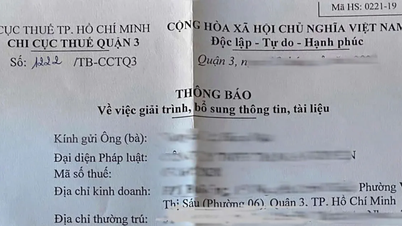



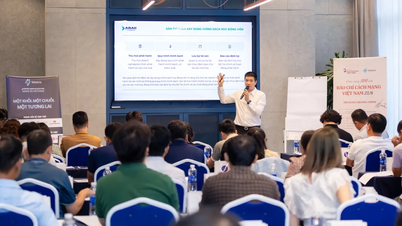

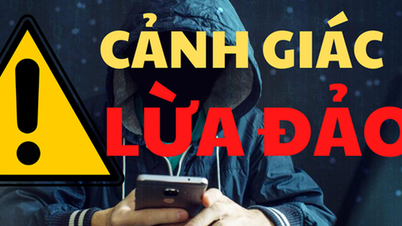


















![[Photo] Central Propaganda and Mass Mobilization Department meets with exemplary journalists](https://vphoto.vietnam.vn/thumb/1200x675/vietnam/resource/IMAGE/2025/6/21/9509840458074c03a5831541450d39f8)














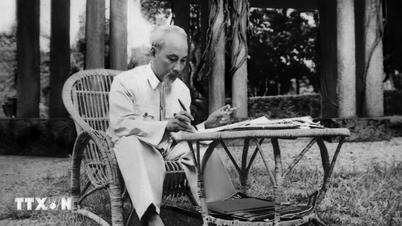





![[Maritime News] Wan Hai Lines invests $150 million to buy 48,000 containers](https://vphoto.vietnam.vn/thumb/402x226/vietnam/resource/IMAGE/2025/6/20/c945a62aff624b4bb5c25e67e9bcc1cb)












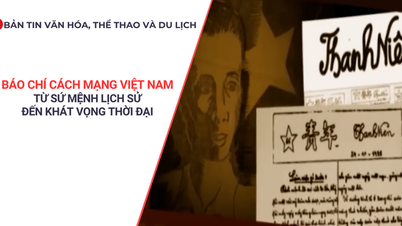






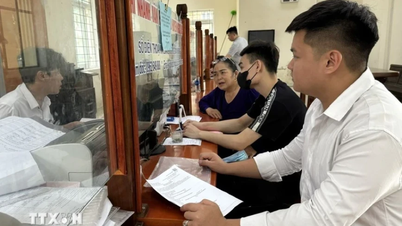
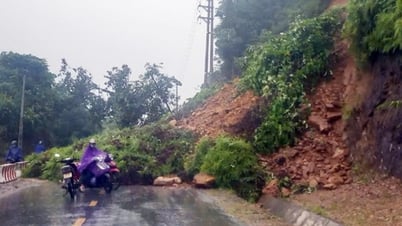
















Comment (0)